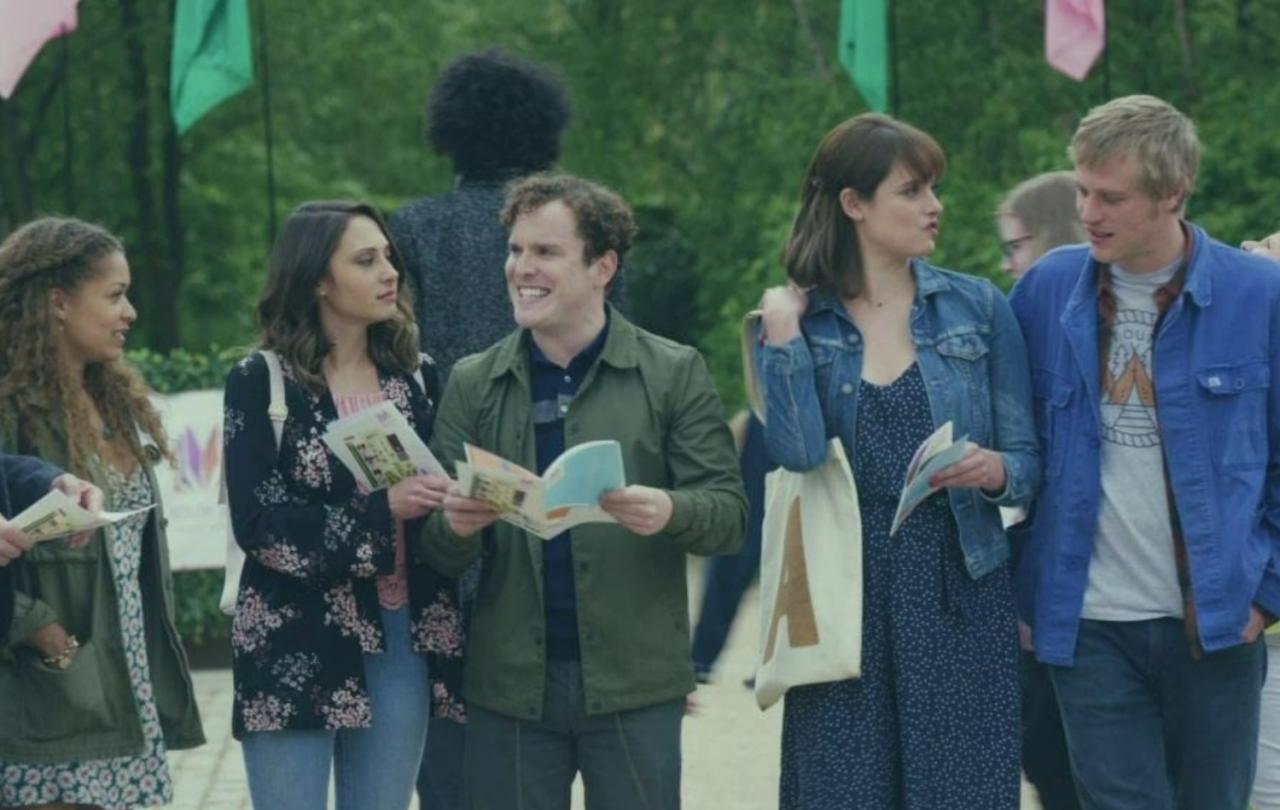Based on this description alone, you’d be forgiven if you thought this show quite a depressing drama, and certainly not one worth your time. In fact, it is a surprisingly profound, honest comedy about our generation’s struggle with the false promise of freedom, and our deep-seated desire for permanence, for a more sacramental view of reality. Dylan’s trials in his youth all point him towards the realisation that making commitments (whether that’s sticking to a career and becoming actually good at your job or finding permanence in a romantic relationship) is ultimately the one thing that makes life worth living. The writers of Lovesick would perhaps not put it this way, but this truly is a show about people who desperately need God, and fail without His guidance.
The same applies to all of us, to those who are not Christians, but also to those of us who profess Christianity, but live as though we are atomised and self-sufficient (which we can all be tempted to do). When we are children, we have our parents to guide us; they are not a replacement for God, but they provide some guidance. Later, at school and university, it’s our teachers. By the time we are out of university or school, it is unsurprising that our sense of certainty and purpose should crumble, when suddenly the burden of finding meaning is solely on our shoulders.
If we go to church, if we have a community in Christ to support us, the burden is somewhat lifted. But Dylan, Evie, Luke, and Angus have no such thing. They rely on each other alone, and, since they are lost, all they can do is commiserate each other about how difficult adult life is.
Even so, the suggestion is there in Lovesick that there are moral standards external to our conscience, that there is something sacred and greater than us. In the very first episode of the show, Angus begins his ill-fated marriage to Helen. They get married in what is presumably an Anglican church, and Dylan makes a curious remark that, even though he’s ‘not religious’, a wedding in a church seems more appropriate. He laughs it off by suggesting that you have to sit somewhere hard and cold to really enjoy the ceremony, but it’s clear that he’s talking about more than this.
What he’s experiencing is an intuition which I would guess is still in so many of us even in our post-Christian society, that is, the intuition that there is something sacred about promising to love and care for another person for the rest of your life, that it’s not merely a contract. It is a duty to uphold such a promise, and this is a kind of promise that ties us in love to what some people may call ‘the universe’, though what we really mean, who we really mean, is Christ.






